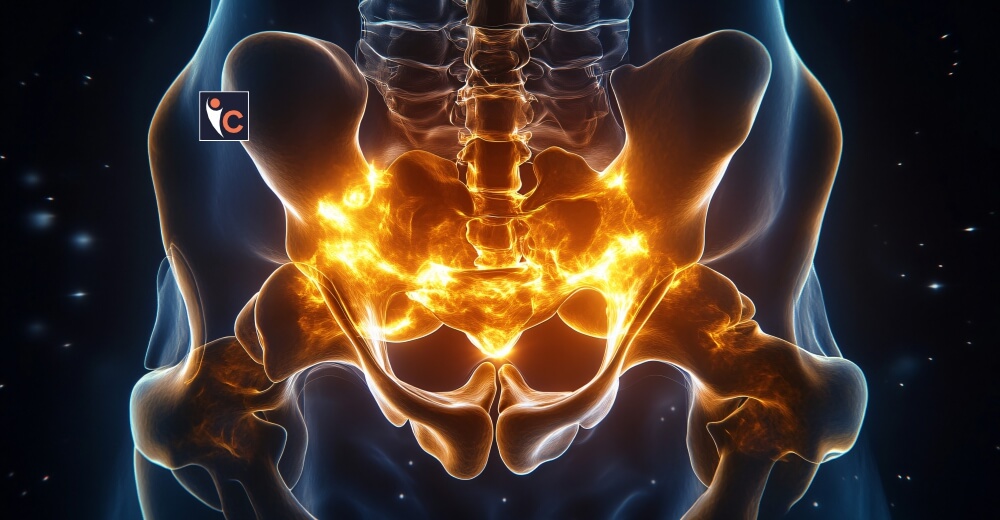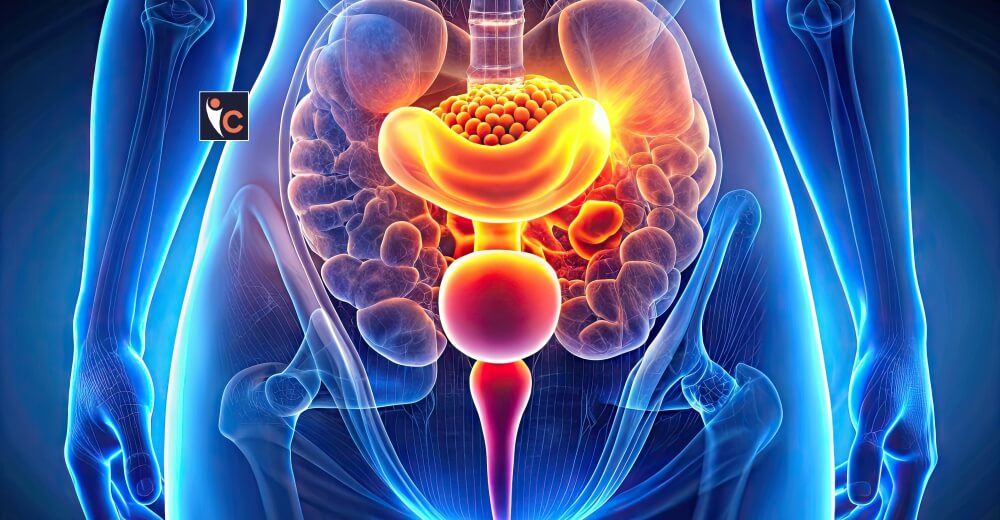From Taboo to Talk
Menopause has long been such a taboo subject regarding the process where a woman’s life of reproductive cycles comes to an end. Women suffered for decades with the hot flashes, night sweats, and mood swings silently because society did not appreciate an open discussion of the issue. This is however changing as the message on menopause is becoming more profound, with people being more cautious about their communication on the same.
Open conversations over the topic can improve understanding, enhance health outcomes, and provide support for women undergoing this transition.
- Break the Stigma Over Menopause
For a long time, menopause has been couched in mystery and shame, creating an environment under which women end up isolated. This silence meant that the emotional well-being of women was compromised, and they also denied themselves necessary knowledge of their lives medically. It also reveals how cultural taboos construct menopause as evidence of aging or loss of feminine, hence making more and more women discourage them from open discussion.
These long-held myths have recently been put to question by the current trends. Celebrities, health activists, and physicians are beginning to share their experiences concerning menopause as a way of helping to break the stigma and opening up a conversation freely on various social media platforms. As an example, Michelle Obama worked towards normalizing talking about the topic on her podcast by removing the stigma attached to it.
For instance, promoting open discussion among women may help them realize that symptoms experienced happen in many and can be managed easily. This is very important as that will be significant in reducing the often-associated psychological burden during menopause.
- Awareness and Support in the Workplace
Menopause has many effects in the workplace, but most women are not examined and supported when suffering symptoms that may make them less effective in their work tasks. Common symptoms of menopause include hot flashes, fatigue, and brain fog-all of which can make day-to-day work an especially daunting challenge. However, menopause remains under-discussed in professional settings, often leaving many without the kind of support they need.
It is only recent times that an organization has realized a need for providing more workplace support during a time of menopause. Examples include companies like Vodafone and Channel 4, which have implemented policies around menopause recently, from flexible working hours to healthcare resources and changes in the workplace that help women cope with those symptoms.
Workplace discussions around menopause can empower women to seek support and accommodations without fear of judgment or discrimination. When an employer is supportive, it not only benefits employees’ well-being but also holds valuable talent since they employ a considerable number of women during menopause.
- Educate the Next Generation
It is also important to normalize discussions of menopause so that there will be a more fully informed next generation. Menopause is still considered a skipped topic for most educational settings as far as health curricula, leaving younger people with limited understanding of what menopause actually is and how it affects women’s health.
Education of the young man as well as the woman about menopause can end the cycle of ignorance and stigma. Schools can prepare the younger generations to approach the issue compassionately and knowledgeably, thus building an even more supportive society, because education both of the biological as well as emotional aspects of menopause shall be taught.
- Healthcare’s Role in Facilitating Dialogue
Healthcare providers can play one of the leading roles in promoting discussion about menopause. At the same time, some women claim that their doctors do not take them seriously when they raise concerns about menopause during a visit. Unfortunately, most misdiagnosis or under-treatment is caused by a lack of specialized training about menopause among doctors.
Initiatives for the education of health care providers in menopause and the promotion of patient-centered discussions are crucial. Motivated physicians discussing menopausal issues and problems with their patients will help women realize that they do not have to face these changes alone and might, therefore, be encouraged to seek treatment in the form of hormone replacement therapy, non-hormonal intervention, or changes in lifestyle that may rid of menopausal symptoms.
Finally, health care systems that open up avenues for dialogue about menopause can demystify the process and make sure women access carefree from shame or dismissal.
- The Strength of Peer Support
There are now peer support groups, online and offline, that have been the most powerful drives to encourage open discussions on menopause. These groups give women a safe ground to share and ask questions or in some way support one another. Platforms like Reddit, Facebook, and specialized forums for menopause enable women to access information and build solidarity.
These support systems also break the isolation most women feel while going through menopause and give them validation and real-life advice. Women who develop connections with others experiencing the same thing are likely to ask for assistance, share coping mechanisms, and discuss treatment choices with their healthcare providers.
Normalizing the Conversation
Open conversations surrounding menopause are essential for enhancing women’s health and wellbeing. Encouraging dialogue in workplaces, schools, healthcare settings, and even social media platforms can create a culture that encourages women to disclose experiences and seek necessary care. Gradually, more women, professionals, and advocates start speaking out about menopause and reducing stigma ushering in a more informed and supportive culture. Ultimately, normalizing discussions about menopause is the only way for society to ensure that all women can navigate this life stage with dignity, understanding, and support.
Read More: Click Here










